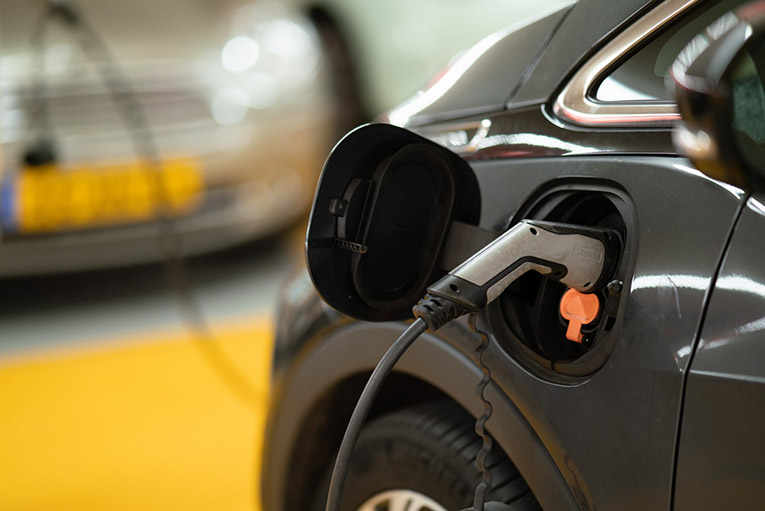Zero emissions vehicles projects have received a $60 million financing facility from the U.S. Department of Energy; 24 projects aimed at reducing CO2 emissions from passenger cars and light to heavy duty trucks were awarded.
Firstly, the projects will help to advance the efforts on reducing the environmental footprint of the transportation sector; and to enhance the infrastructure needed to support the growing adoption of zero-emission vehicles.
Secondly, the initiative will tackle one of the most polluting sectors; as transportation accounts for approximately 30% of total U.S. energy needs; in fact, it is the largest contributor to the country’s GHG emissions.
Thirdly, the funds granted by DOE came out from its Office of Energy Efficiency and Renewable Energy (EERE); and also, from Vehicles Technology Office (VTO). As said above, the funds will address the two of the largest GHG emissions contributors in the transportation sector; passenger cars and light-duty trucks, which represent 60% of emissions within the sector; and medium to heavy-duty trucks that account for 25%.
Also recommended for you: Duke Energy brings new solar project online; reaches 10,000MW milestone. Click here to read.
Financed projects to develop new technologies for zero emissions vehicles
Moreover, about the relevance of the funding facility, Secretary of Energy Jennifer M. Granholm, said. “Fossil-fuel powered cars and trucks are a leading cause of air pollution and also carbon emissions; that is why we are focusing on decarbonizing the transportation sector to achieve President Biden’s climate goals.”
She also remarked. “Partnering with industry and leading research universities, DOE’s investment in 24 projects will create technologies; and also, techniques that will cut vehicle greenhouse emissions and also boost America’s competitiveness in the global clean energy market.”
On the other hand, some of the projects awarded will have particular approaches; some of them are; acceleration of innovation in EV batteries and electric drive systems. DOE awarded 12 projects that will focus on developing next generation lithium batteries with improved lifespan; also, safety, and affordability.
Finally, projects also advance the development of new mobility systems for commercial use; develop lightweight materials to increase passenger and commercial vehicle efficiency; and also, reduce exhaust emissions and improve understanding of energy use and environmental impact of new vehicle technologies.


